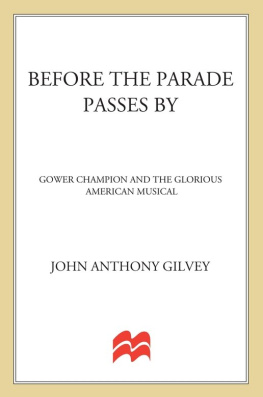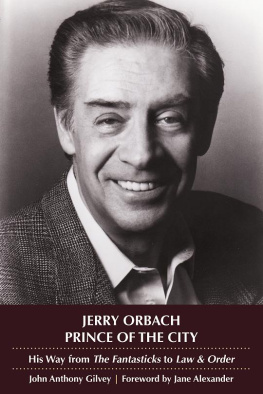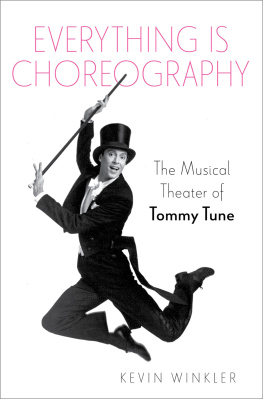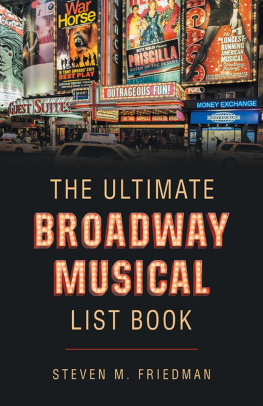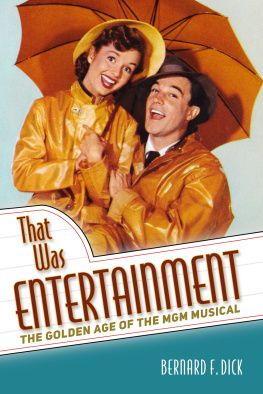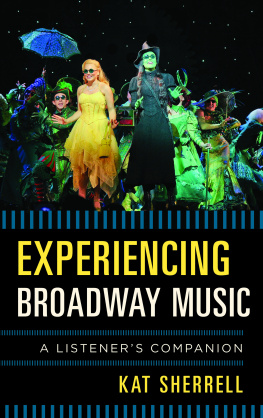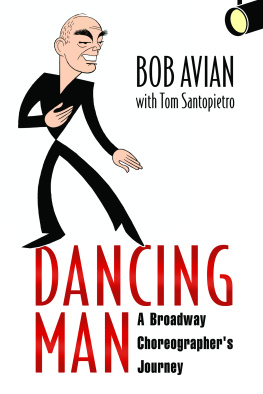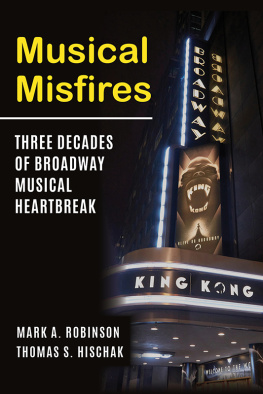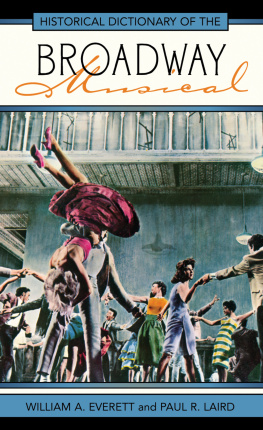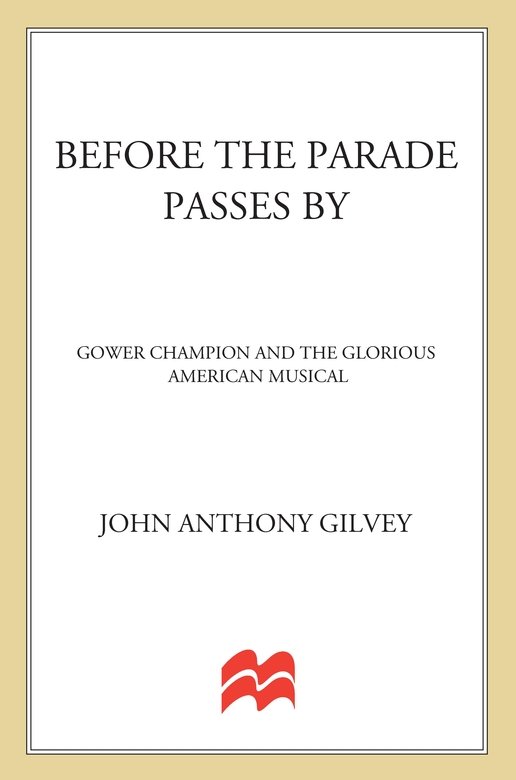John Anthony Gilvey - Before the Parade Passes By: Gower Champion and the Glorious American Musical
Here you can read online John Anthony Gilvey - Before the Parade Passes By: Gower Champion and the Glorious American Musical full text of the book (entire story) in english for free. Download pdf and epub, get meaning, cover and reviews about this ebook. year: 2005, publisher: St. Martins Publishing Group, genre: Art. Description of the work, (preface) as well as reviews are available. Best literature library LitArk.com created for fans of good reading and offers a wide selection of genres:
Romance novel
Science fiction
Adventure
Detective
Science
History
Home and family
Prose
Art
Politics
Computer
Non-fiction
Religion
Business
Children
Humor
Choose a favorite category and find really read worthwhile books. Enjoy immersion in the world of imagination, feel the emotions of the characters or learn something new for yourself, make an fascinating discovery.
- Book:Before the Parade Passes By: Gower Champion and the Glorious American Musical
- Author:
- Publisher:St. Martins Publishing Group
- Genre:
- Year:2005
- Rating:3 / 5
- Favourites:Add to favourites
- Your mark:
Before the Parade Passes By: Gower Champion and the Glorious American Musical: summary, description and annotation
We offer to read an annotation, description, summary or preface (depends on what the author of the book "Before the Parade Passes By: Gower Champion and the Glorious American Musical" wrote himself). If you haven't found the necessary information about the book — write in the comments, we will try to find it.
During the Golden Age of the Broadway musical, few director-choreographers could infuse a new musical with dance and movement in quite the way Gower Champion could. From his earliest Broadway success with Bye Bye Birdie to his triumphant and bittersweet valedictory, 42nd Street, musicals directed by Champion filled the proscenium with life. At their best, they touched the heart and stirred the soul with a skillful blend of elegance and American showmanship.
He began his career as one-half of Americas Youngest Dance Team with Jeanne Tyler and later teamed with his wife, dance partner, and longtime collaborator, Marge Champion. This romantic ballroom duo danced across America in the smartest clubs and onto the television screen, performing story dances that captivated the country. They ultimately took their talent to Hollywood, where they starred in the 1951 remake of Show Boat, Lovely to Look At, and other films. But Broadway always called to Champion, and in 1959 he was tapped to direct Bye Bye Birdie. The rest is history.
In shows like Birdie, Carnival, Hello, Dolly!, I Do! I Do!, Sugar, and 42nd Street, luminaries such as Chita Rivera, Dick Van Dyke, Carol Channing, Mary Martin, Robert Preston, Tony Roberts, Robert Morse, Tammy Grimes, and Jerry Orbach brought Champions creative vision to life. Working with composers and writers like Jerry Herman, Michael Stewart, Charles Strouse, Lee Adams, and Bob Merrill, he streamlined the musical making it flow effortlessly with song and dance from start to finish.
John Gilvey has spoken with many of the people who worked with Champion, and in Before the Parade Passes By he tells the life story of this most American of Broadway musical director-choreographers from his early days dancing with Marge to his final days spent meticulously honing the visual magic of 42nd Street. Before the Parade Passes By is the life story of one man who personified the glory of the Broadway musical right up until the moment of his untimely death. When the curtain fell to thunderous applause on the opening night of 42nd Street, August 25, 1980, legendary impresario David Merrick came forward, silenced the audience, and announced that Champion had died that morning. As eminent theatre critic Ethan Mordden has firmly put it, the Golden Age was over.
Though the Golden Age of the Broadway musical is over, John Gilvey brings it to life again by telling the story of Gower Champion, one of its most passionate and creative legends.
John Anthony Gilvey: author's other books
Who wrote Before the Parade Passes By: Gower Champion and the Glorious American Musical? Find out the surname, the name of the author of the book and a list of all author's works by series.

